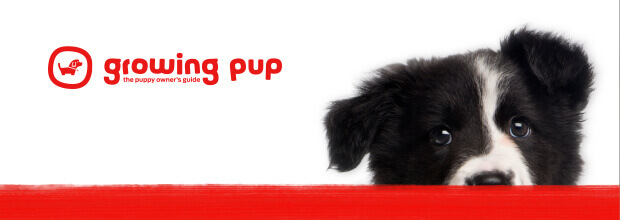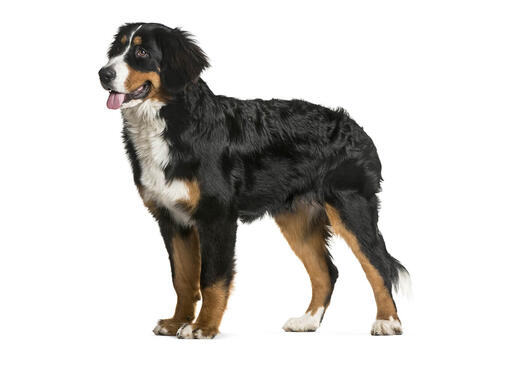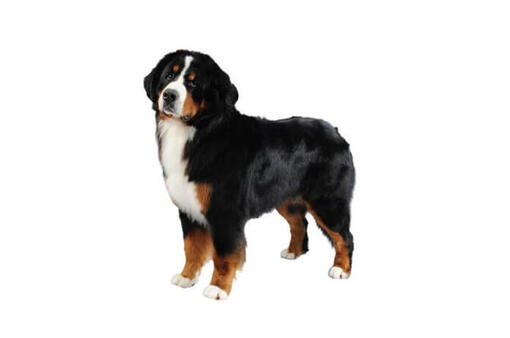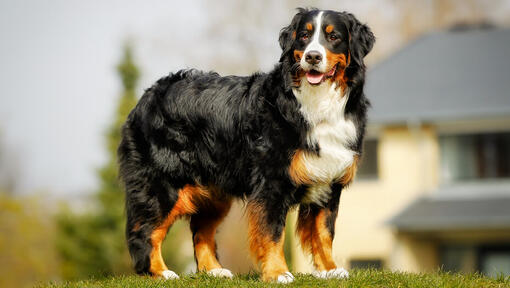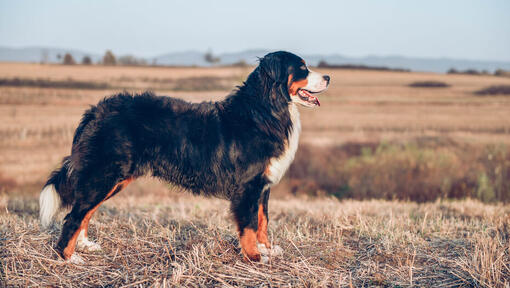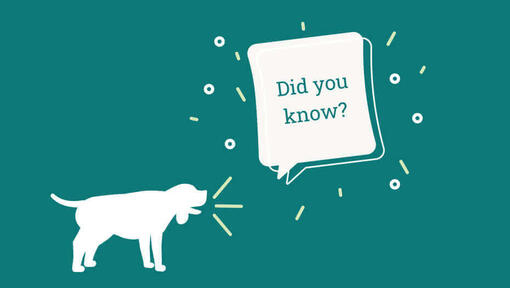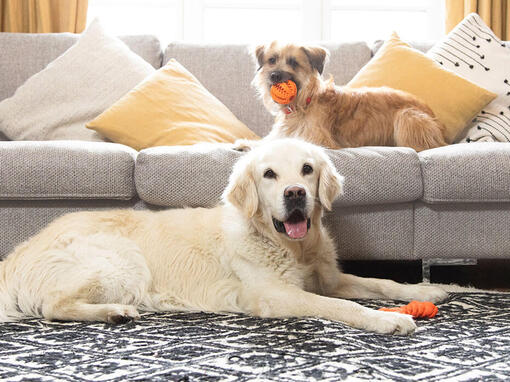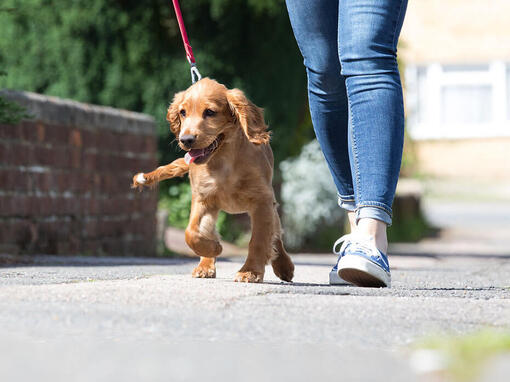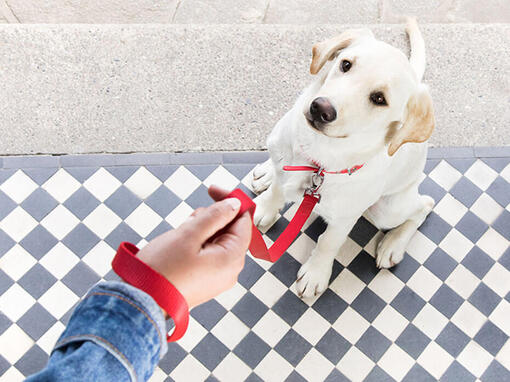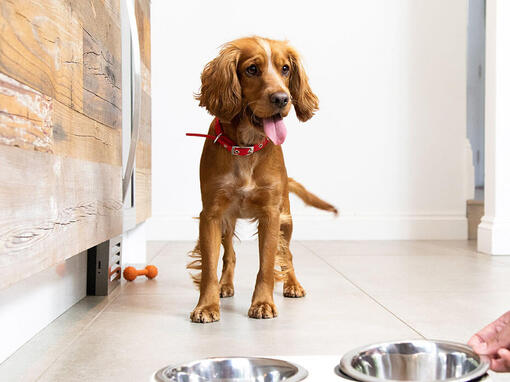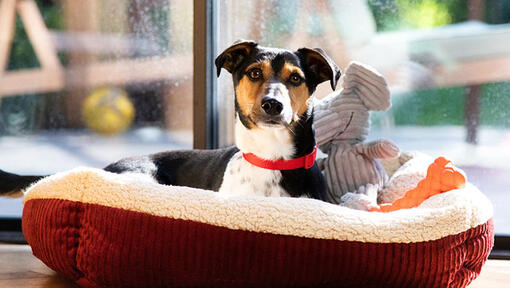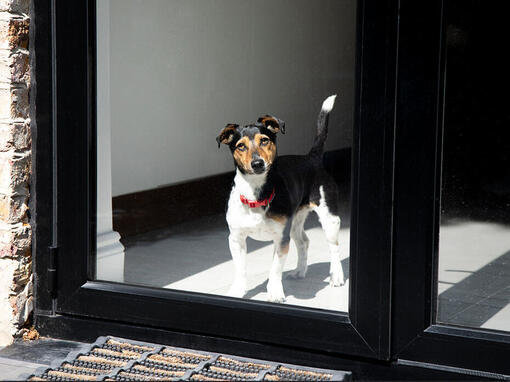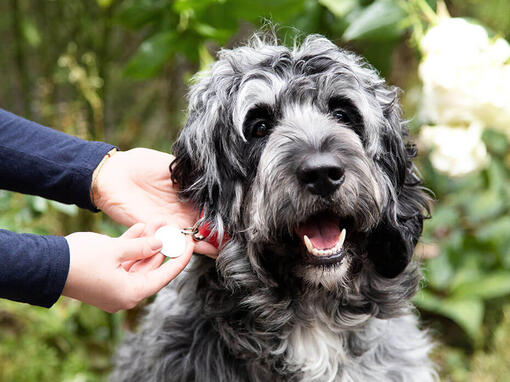The sturdy, strong Bernese Mountain Dog originated on Swiss farms, where he worked as a drover, draft dog and guardian. The breed’s long, thick double coat protects him in cold conditions but requires frequent brushing. With his calm, confident temperament and desire to be near his family, the Bernese Mountain Dog is an ideal companion. Affectionately known as Berners, this breed requires moderate exercise.
DID YOU KNOW? One of four varieties of Swiss mountain dogs, the Bernese Mountain Dog is the second largest and the only one with a long, silky coat. By the end of the 19th century, the Bernese Mountain Dog was almost lost, but professor Albert Heim led a search for stock to preserve the breed. It was not until 1926 that Berners arrived in the U.S.
ALSO KNOWN AS: Berners, Berner Sennenhund, Bernese Cattle Dog


